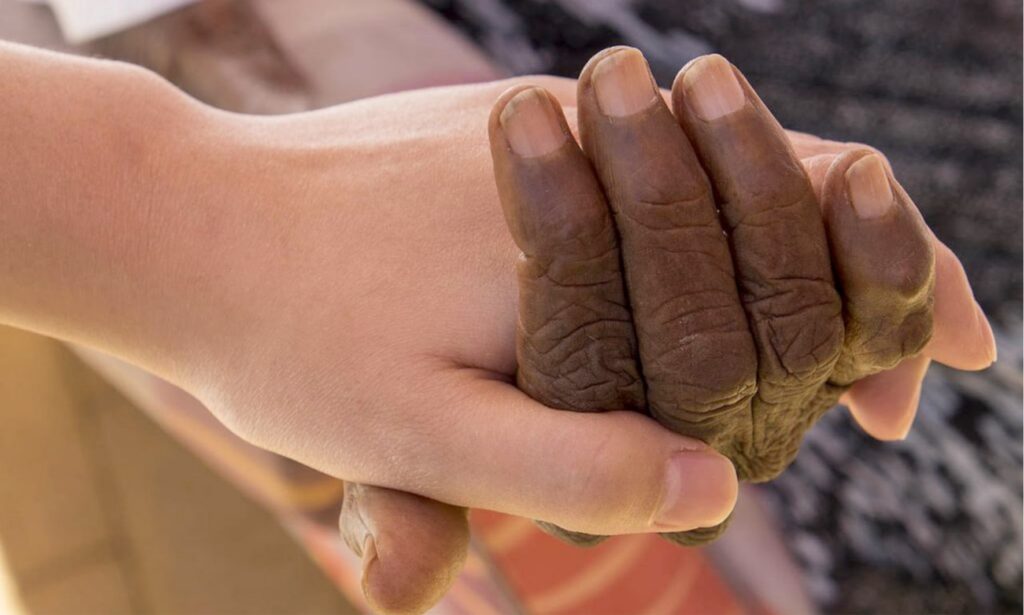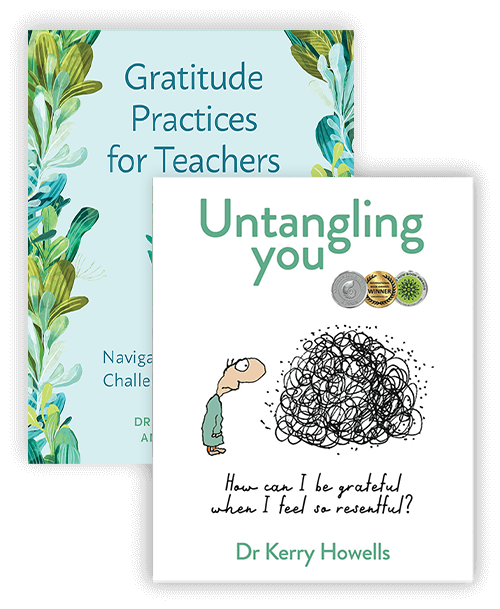There have been many views on how we can use this period of physical distancing and self-isolation as a time to take stock of what was working and what wasn’t in our lives before we were suddenly hit with this huge disruption. It has possibly been a time for you to re-set, reflect, refresh, renew, re-establish, recycle, and reinvent.
An important question is how much we have applied these practices to the relationships in our lives – particularly those we find difficult? Unless we give these our humble attention, we may not be able to move forward as easily together in facing the challenging times ahead.
Many who reported back on the outcomes of the 30-day Gratitude Practice said that the most valuable aspect was the way gratitude helped in restoring relationships. They said that the practice allowed them to find gratitude for difficult people in their lives and in turn accept that they may themselves have been the difficult person at one point or another.
For those who might be about to re-enter their workplace, there may be a sense of dread or anxiety as we contemplate re-entering a challenging relationship. This time away may have led us to want to restart on a different footing. Importantly, it may be a lack of gratitude that caused conflict or difficulties in the past.
The etymology of the word ‘relationship’ shows us that historically it originally meant “connection, correspondence”; also “act of telling”, from Anglo-French: relacioun. From Latin: relationem “a bringing back, restoring; a report, a proposition”.
Gratitude has an amazing power to help us to connect with others. The words thank you, when uttered sincerely, contain a particular kind of ‘correspondence’. Acts of genuine gratitude that seek nothing in return can restore relationships. They can also continue to maintain them – as it’s not just a one-off action, especially in the intimate relationships in our lives.
What is it about gratitude that can have this power of building and restoring relationships? It helps us to remember what we have received from others in the past. When we have conflict we tend to forget. Gratitude motivates us to give back out of acknowledgement, allowing us to see past the conflict, and act on a memory of good deeds received from someone in the past.
When we recognise another through our genuine gratitude – without wanting anything in return – we are touching a part of the connection that cannot be touched in any other way. We acknowledge the worth and value of that person, and they are able to see more of this in themselves. We help them flourish and we help the relationship flourish.
It often takes courage and humility, but gratitude helps to orientate us towards the good in the other person, and therefore to see beyond what we consider to be the bad. Sometimes we can be afraid to do this because it might mean that we are giving up wanting justice for the harm we feel they have caused us, and it might leave us open to further harm. However, these times we are in now are calling for such acts of bravery. In helping us to remember what we have received in the past, gratitude can often be the starting point in helping us to forgive.
There is also an important role to play in receiving the gratitude expressed by another. Even though the giver hopefully will not be expecting anything in return, it will be important for them to feel that we have received their thanks, so that they, in turn, feel acknowledged and recognised. We need to stop and savour it, acknowledging the spirit of giving behind the act.
It’s this circle of giving and receiving that makes gratitude different from praise or positive acknowledgment, or even kindness. Even though these can be expressions of gratitude, Inherent to gratitude is the giving and receiving of thanks.
In this podcast (Listen Here), John Hendry (OAM) – thought-leader, master educator and founding father of Positive Education – and I, have an in-depth conversation about how gratitude can enhance trust in relationships. We hear of John’s core principles of a healthy relationship and how gratitude can assist when these are under threat.
You will discover many strategies for building healthy relationships through the practice of gratitude.
I encourage you to share your thoughts at the end of the podcast or at the bottom of this blog post.
In deep gratitude
Kerry






